Instrument Rating – unofficial ground school
Jeremy Zawodny has started ground school where he’ll learn IFR theory for his instrument rating. The fun bit is that he’s posting about it on his blog and plans to keep doing so. This is great, from my point of view.
I’d like to get my instrument rating. It’s something I keep putting off, because I want to get more experience first and because I actually like flying VFR. Cliff has his instrument rating and his route planning always looks to me like a dot-to-dot problem rather than a navigational process. But it’s the next obvious thing to do and it sure would be nice to be able to fly in and out of Málaga, who ban VFR flights at the weekend.
If I go for the accelerated IFR program in the US where Cliff did his, then I’m expected to do all the reading before I arrive. That’s a pretty heavy load and quite frankly I’ve doubted my ability to get through it. But Jeremy is doing the reading as a part of a 10-week course which actually gives me a schedule. Reading his views and the comments from his readers each week makes it feel less like I’m learning in a vacuum. I also strongly suspect that if I do keep up with the reading and his posts, he’d be willing to discuss issues that come up as a part of it.
So it’s inspiration to get moving and do something. Except that I think his second class is tomorrow and I haven’t actually cracked open the books yet!
Jeremy’s initial post already has me thinking: it’s clear to me that my view of IFR flights is not the norm. He’s listed three cons to IFR:
- Longer routes (takes more gas and time)
- Have to deal with controllers and radio
- Higher workload
Now I can understand the first one – Cliff and I regularly decide who is flying based on the route, because his is often longer. Not always, going due north from here, his route is much faster than mine because he can fly over Madrid. I would need special-VRF to do that and they never, ever grant it! Crossing the channel, I simply head north and go across. He has to stick to airways. So, yes, I’ve certainly seen that the IFR route can be longer.
But the other two: huh?
Cliff calls, and says something along the lines of: “Hi, I’m here.” ATC replies with “OK, lemme know when you get to there.” Cliff says, “OK.”
That’s it. He’s barely on the radio and he rarely has to think. It seems so simple.
Meanwhile, VFR, I’m constantly talking to someone and having to work out who it is I’m supposed to talk to next. I have to change my routing in airspace that is just packed with airfields and military zones and they all want to know my intentions and damn, am I glad when occasionally someone simply tells me they have me on radar and it goes silent.
Now Cliff tells me I don’t know the half of it, and maybe he’s right, but it sure does seem like a lot less radio and a lot less work when he’s in control.
So maybe I’ll do the instrument rating just so I can prove it. ;)
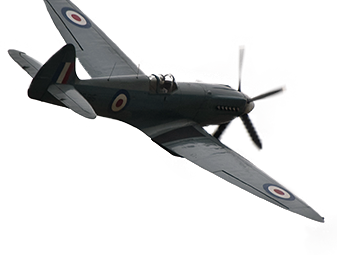

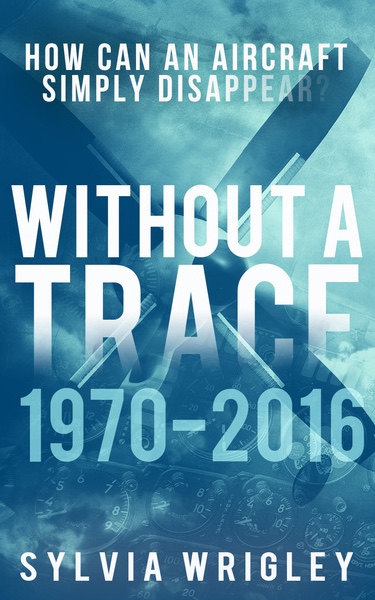
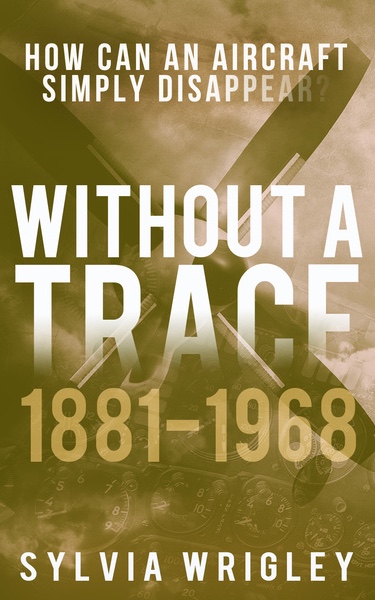
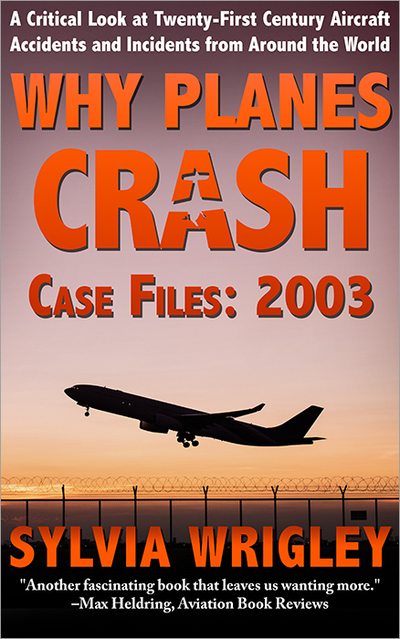
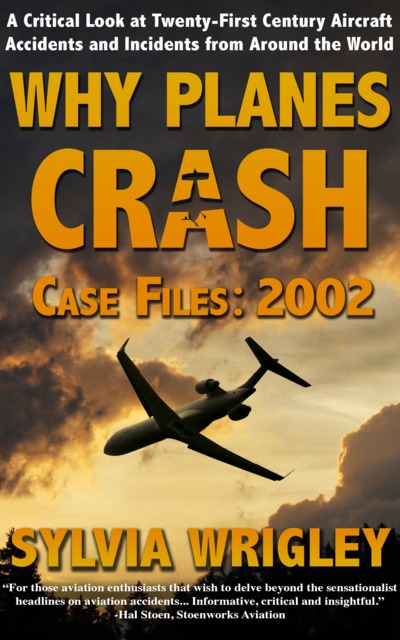
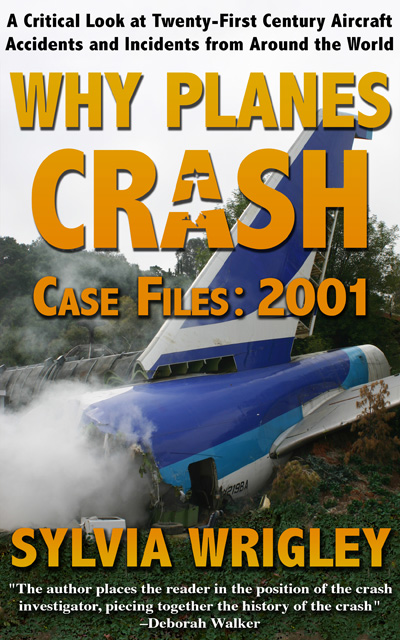

So, when you have IFR rating, you can no longer fly under VFR?
Rob…
No, just there is less impetus to do it if I don’t specifically want to use it. Cliff rarely flies VFR (because it’s a higher workload!) and currently we tend to split flights between us by type.
A common reason to do the IFR rating is to be less weather dependent (you can fly through cloud) but as Cliff can take over, it’s not that big a deal.
But apparently one of the “cons” of IFR is higher workload!
Regards,
Rob…
Exactly. I vehemently disagree. :)
I think to a large extent it is a UK issue, in Spain it’s true I can go ages without talking to someone. It makes me nervous!
The IFR has gotten much easier, quicker and better with the use of the full-motion sim.